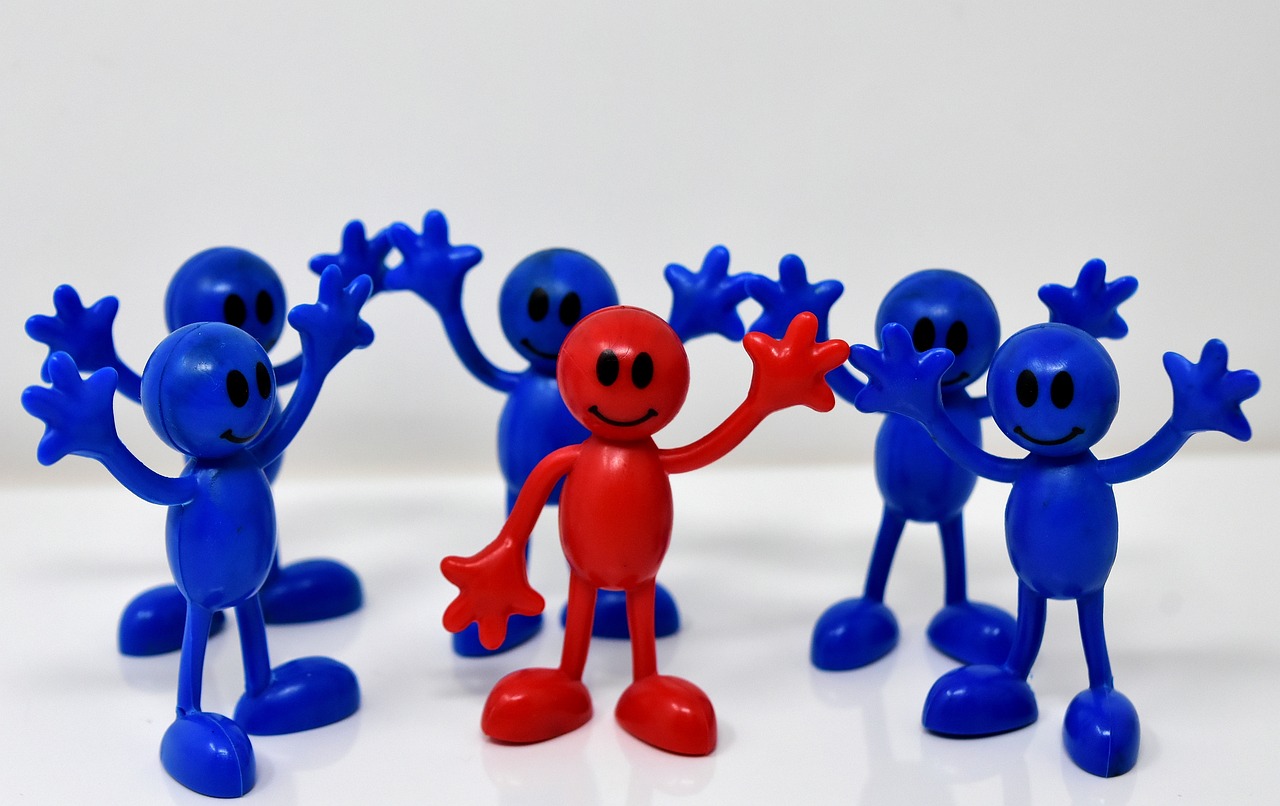In the hospitality industry, workplaces where managers encourage employees – particularly the younger ones – to have fun in their jobs, are better at retaining staff but may pay for it in reduced productivity and sales.
These were the findings of a US study, titled “Does Fun Pay? The Impact of Workplace Fun on Employee Turnover and Performance“, that was published in the Cornell Hospitality Quarterly recently.
In the hospitality industry staff turnover is notoriously high, because working in one restaurant is very much like working in another, says lead author Michael J. Tews, assistant professor of hospitality management at Penn State University.
Prof. Tews said:
“If you don’t like your job at Chili’s you can go to TGI Friday’s down the street.”
“High employee turnover is consistently quoted as being one of the problems that keeps managers up at night because if you’re involved with recruiting and training constantly, then you can’t focus on effectively managing your existing staff and providing a high-quality service experience.”

For their study, he and his colleagues surveyed 195 restaurant servers working in a casual-theme restaurant chain in the US.
The survey asked them about different aspects of fun at work, focusing on two items in particular: “fun activities” and “manager support for fun.”
The questions on “fun activities” asked about social events like holiday parties and picnics, company-sponsored sports teams, sales contests, celebration of work achievements, and recognition of personal events such as birthdays and weddings.
The questions on “manager support for fun” asked respondents to say how much they agreed with certain statements such as “My managers care about employees having fun on the job” and “My managers try to make working here fun.”
Prof. Tews says they distinguished between “fun activities” and “manager support for fun” because there could be places where fun activities were organized by senior management or the staff themselves, and not necessarily encouraged by the local manager.
Manager support for workplace fun linked to lower productivity
When they correlated the survey results against sales and staff turnover, they noticed three things:
- Manager support for fun is linked to reduced staff turnover, particularly among younger members.
- Fun activities are tied to increased sales performance, particularly among older staff.
- But manager support for fun is linked to lower sales performance across all staff age groups.
Prof. Tews says the results prompt the question:
“Is the productivity loss associated with manager support for fun worth the significant reduction in employee turnover?”
He says when they thought about it they decided “if you have both manager support for workplace fun and fun activities, the dip you see in productivity as a result of manager support for fun may be canceled out by the increase in productivity you see as a result of fun activities. In this scenario, you also see the greatest reduction in employee turnover.”
Workplace fun helps younger staff more
However, for younger members of staff, a manager that encourages them to have fun on the job helps develop friendships, Prof. Tews explains:
“As you mature and get a little older, while it is still good to have cordial work relationships, friendships at work are less important because you have other interests, such as family interests.”
He suggests the take-home message of the study is that having fun at work can work, “but it’s not a panacea.”
“You really have to think about what outcome you are trying to achieve, and you also have to consider the characteristics of your workers,” he adds.
The research team now plans to find out what makes work activity fun, and why some people enjoy taking part and others don’t.
The Caesars Hospitality Research Center, University of Nevada, Las Vegas, helped fund the study.
